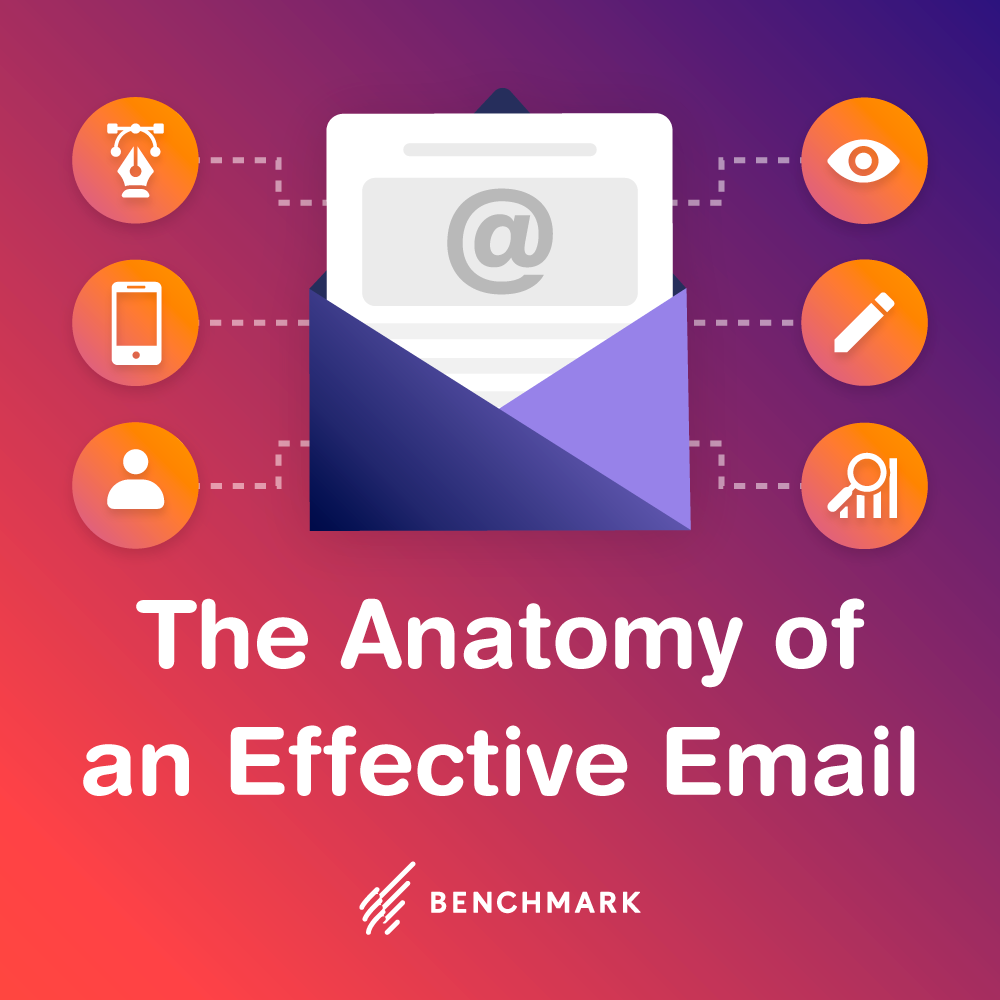

Ogilvy stated that he hated “rules” yet his books laid out rules for proper advertising which remain somewhat equivalent to the Stone Tablets of Madison Avenue. “I am sometimes attacked for imposing ‘rules’. Nothing could be further from the truth. I hate rules. All I do is report on how consumers react to different stimuli.” Research demonstrates what hits a chord with your customers and what doesn’t, so it pays to do the research and then most importantly structure your efforts so that they fit the research results.
Creative Is Good, But Effective Is Better
“I do not regard advertising as entertainment or an art form but as a medium of information. When I write an advertisement, I don’t want you to tell me that you find it ‘creative’. I want you to find it so interesting that you buy the product.” You must never let your goal waver from the essence of your message which is to take action. Although email marketing can be informative and educational, the bottom line is that it must sell. This Ogilvy “rule” accompanies his: “You cannot bore people into buying your product. You can only interest them into buying it.” How many times have we composed an email message by rote without taking the care to truly delve into why it is, again, “so interesting that you buy the product”?
Honesty & The Big Idea
“It takes a big idea to attract the attention of consumers and get them to buy your product. Unless your advertising contains a big idea, it will pass like a ship in the night.” Great email marketing contains an idea so big that your readers literally stop and take notice. It has to be so unique that your more savvy customers must wonder why they didn’t think of it themselves.
“Don’t try to imply that your product is better. Just say what is good about your product and do a clearer, more honest, more informative job of saying it.” The reality of competitive commerce is that it likely is very true that although your product or service may have some leading features it’s not necessarily the end-all. Your readers will appreciate your honesty in proving that it’s the right one for them.
Stick With What Works
“If you are lucky enough to write a good advertisement, repeat it until it stops selling. Scores of good advertisements have been discarded before they lost their potency.” This may just be one of the truly great dictums for email marketing. If you find something that really works, stick with it. Due to the nature of email marketing you can’t just repeat the same message verbatim, but when your metrics show an essential approach which is a winner, you can be confident in establishing your campaign on it.
The Subject Line Is Your Headline
“On the average, five times as many people read the headlines as read the body copy. It follows that unless your headline sells your products, you have wasted 90 per cent of your money.” All we need to do is replace headline with subject line, and the overarching truth is so evident it needs no further explanation.
Although David Ogilvy wrote these words when cars had fins and backyards had bomb shelters, the cosmic truths they contain can still serve as a beacon to email marketers in our world of instantaneous global interactive communication. Although he never knew it, David Ogilvy was a great email marketer.




